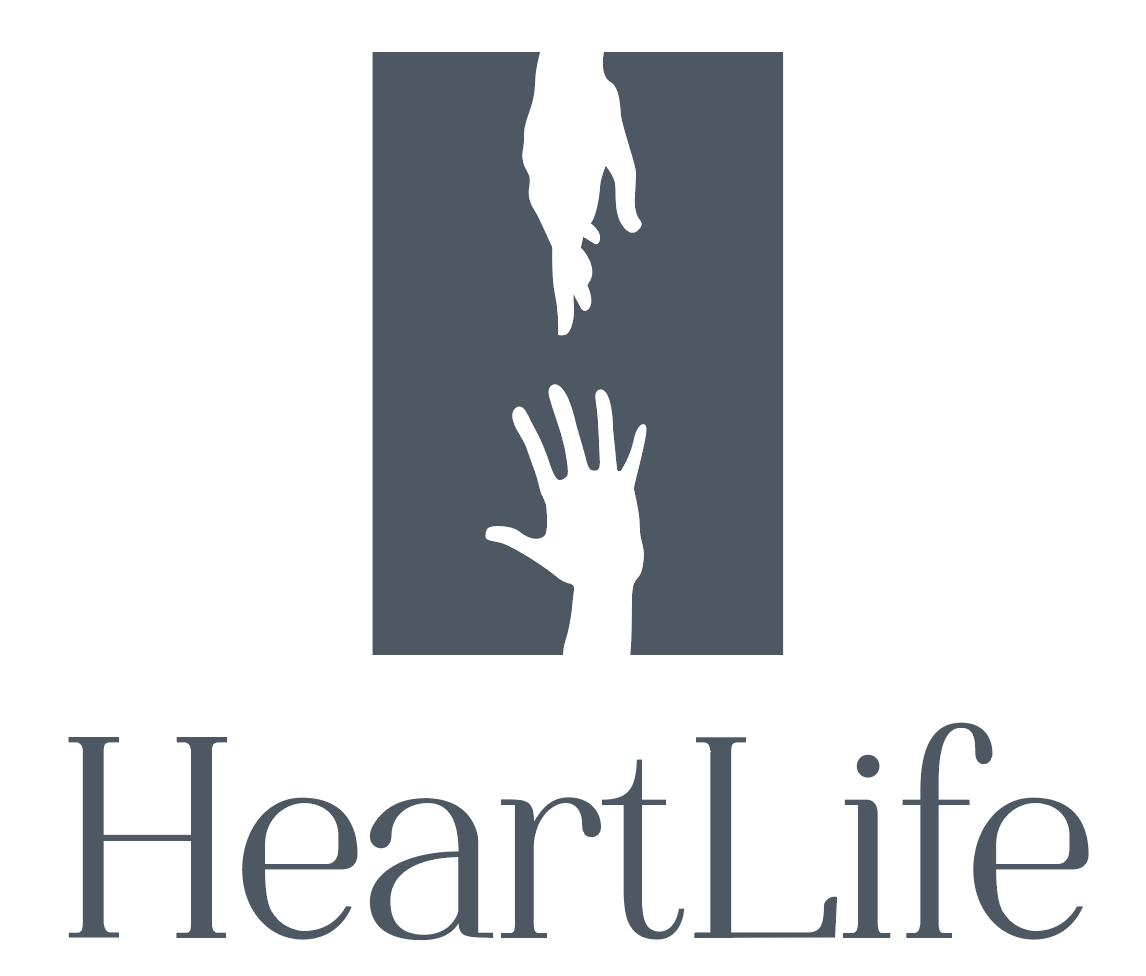Summer “Break”
by Cammie Easley
Summer is upon us and, like many of you, my bucket list of things to accomplish and places to adventure to just keeps growing! There are plants to plant, rooms to clean, reunions to attend, beaches to see, parties to attend, holidays to celebrate, national parks to hike, barbeques to plan, and camps galore! As a counselor for kids, teens and young women I have heard A LOT recently about the many activities summer involves. Kids could be at various camps from sunup to sundown. We all look forward to summer “break” and yet, at times, it can feel like the opposite of a “break.”
It is important for us to focus on how we can bless our kids and our families with an emphasis on REST this summer. Sissy Goff from Daystar in Nashville recently recommended three main goals for our girls this summer- one of which was to help them learn to REST.
To begin, because we live in a culture that is obsessed with productivity, forward movement and accomplishment, it’s important to spend time discussing what rest is. Saundra Dalton-Smith recently wrote a book where she identifies seven different types of rest that human beings need: “Physical Rest, Mental Rest, Social Rest, Spiritual Rest, Sensory Rest, Emotional Rest, and Creative Rest.” She notes that a person can be getting all the hours of sleep each night that they need and, yet, if they are extremely burned out emotionally or relationally, they can still experience feelings of exhaustion. Similarly, someone who doesn’t take care of their own body but cares for their own soul can still feel depleted at the end of the day because a core part of them was neglected.
When I work with kids and ask what they do to rest, the main answer is “watch tv/YouTube,” “scroll social media,” or “sleep.” Looking at these forms of “rest” we recognize that each of these activities might provide a level of “physical rest” as one ceases from activity, those activities don’t produce much emotional/social/spiritual or mental rest or restoration. We want to teach our kids to practice rest that RESTORES them. We want to teach them to rest in multiple ways. They should practice:
· Physical Rest by prioritizing sleep during the night hours.
· Social Rest by spending time with uplifting people IN PERSON and not just over snap chat.
· Spiritual Rest by learning to seek comfort in God, His people, and His Word.
· Mental Rest by putting their screens down for at least an hour a day and a full day each week.
· Sensory rest by spending time in the quiet with their thoughts, journals, or books.
· Emotional rest by finding someone they trust to share their deep thoughts and questions.
· Creative rest by being in nature and appreciating the beauty around us.
I think it’s also important to note that rest is important to the heart of God. Our all-powerful God exemplifies this Himself by choosing to rest on the seventh day of creation- though He had all the power it would take to “keep going.”
I love the story of Elijah under the broom tree. Elijah has just been a part of the miraculous. He called down fire from Heaven revealing that Yahweh is God above Baal. He had prayed for rain that would end a three- and half-year drought, and it rains. He then runs under the power of the Spirit from Mt Carmel to Jezreel. And yet, after all of these miraculous happenings, upon hearing that Jezebel wants to kill him, he sits down under a juniper tree and says that he wishes he could die. He is physically, spiritually, and emotionally exhausted. Though we may not all have lived through these circumstances, we have felt like Elijah. We have all experienced days where our reserves are dried up and we just want to give up, even after we have seen God do incredible wonders. We have felt the sense of hopelessness, fatigue and depression that can come when we are exhausted.
What I love most about this passage is how God responds to Elijah. God doesn’t reprimand him for losing hope. He doesn’t tell him to push through and do more for Him. He doesn’t humiliate him for being human. Instead, He meets Elijah in his humanity. The angel of the Lord tends to Elijah as he lays there sleeping, and twice, he wakes him up and tells him to eat and drink because “the journey is too great for you.” Literally, God meets Elijah in his burned-out, fatigued state, he lets him sleep, and he wakes him up to eat and drink because He knows that he is tired.
I often forget that that is how He responds to me too. That is how He responds to all of us when we are worn and burned out and tired. My prayer for all of us this summer is that we would allow the Lord to tend to us in much the same way. That we would allow ourselves to embrace our humanity and our need for rest.
So, let’s embrace summer… let’s embrace the adventures, the barbeques and the times with loved ones! But let’s also embrace rest. Let’s embrace how God responds to us with love and tenderness. And let’s teach our children to respond to their own weariness with love and tenderness as we rest. We need to rest spiritually, mentally, physically, emotionally, and socially. Structure your rest this summer.
Meet Cammie!
Cammie graduated with her Master’s in Clinical Mental Health Counseling in May of 2014 from Denver Seminary in Denver, CO.
Throughout her career as a counselor, Cammie has been passionate about helping individuals of all ages overcome anxiety and depression, heal from past traumas, process their own grief, and develop into the healthy and whole people that God designed them to be.
She believes firmly that seasons of hardship are God’s tool which He uses to make us more like Himself and to reveal Himself to us in ways that we would not otherwise come to intimately know. One of her greatest joys in counseling is helping individuals figure out how they can heal in a holistic way that incorporates their body, mind, and spirit.
Read more about Cammie Easley by visiting her staff page below and find out how to schedule an appointment.



